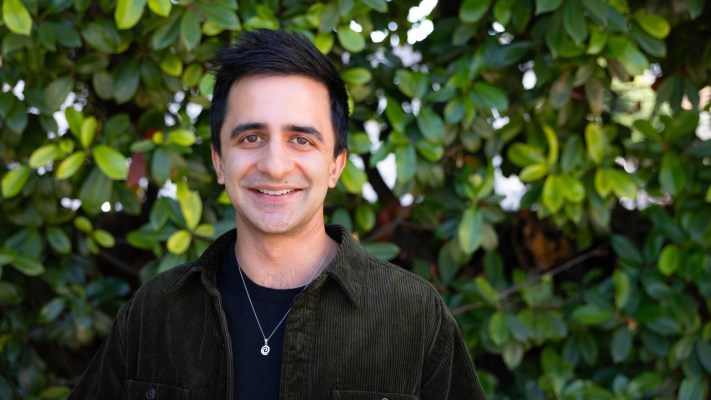Mythos Ventures, an early-stage venture capital firm started by Vishal Maini, closed $14 million in capital commitments for its first fund that will invest in transformative AI companies.
Metaplanet, Delphi Ventures and The Operating Group are backers alongside a group of individual investors, including Phil Black, co-founder of True Ventures; Walter Kortschak, managing director of Summit Partners; Tom Shaughnessy, co-founder of Delphi Digital; and Anna Counselman, co-founder of Upstart.
The solo general partner firm, based in San Francisco, joins the likes of Connect Ventures, Fuse and Unconventional Ventures in announcing a new fund this month.
Maini is joined by partners Jonathan Eng and Paul Gu, the latter he has known since young adolescence. They grew up together, even studying together at Yale. All three worked together at Gu’s startup Upstart, a fintech company focused on lending. Most recently, Maini was at DeepMind working on safety and artificial general intelligence deployment.
“It was pretty clear from being in the trenches that we were just about to cross the chasm from research to product ready,” Maini told TechCrunch. “We’re not even in the full swing of it yet. I started this now because I believe that in the next decade, a wave of companies will be built that will be genuinely history-defining in terms of the types of transformation that are achieved. It felt like the right time to bring a team together to focus on that.”
However, before you sigh about yet another VC firm targeting AI companies, Maini does understand. Not only did he say it was “a bad time to start a fund,” he doubled down and said it was “arguably an even worse time to start an AI fund.” Why? Because everyone is moving into the AI space, of course.
Ultimately, though, Maini was able to get the commitments in about six months and more than double his initial target of $6 million. Here’s how: leaning into its differentiation of “transformative AI.”
He explained that it’s a term used by Open Philanthropy, an early funder in OpenAI. The definition has two parts: One is impact-based in terms of reaching a certain level of advanced AI systems. The second is around the capability of frontier systems and having AI that is as good as a human at cognitive tasks. The term is still catching on, he added.
“That will change in the next few years because, in my view, it’s the correct term to be used to describe the space rather than generative AI,” Maini said.
Maini intends to write check between $100,000 and $1 million for companies raising at the pre-seed and seed levels.
Mythos is going after startups in areas Maini considers underhyped. For example, companies that don’t heavily rely on generative AI, but instead use machine learning paradigms and artificial cognition to upend industries. Another is artificial general intelligence-proof companies that will be relevant five or 10 years from now when he said there won’t be a need to call a company an “AI company” anymore.
The firm has invested in four companies from the new fund, including Elicit, which is building an AI research assistant to automate scientific review, and which announced its first funding round this week. Others are Monumental, building AI-enabled robotic stone-carving factories, and ValueBase, which is automating real estate valuations.
“We want to be there from the idea stage, and we’re with the founders all the way through to the end,” Maini said. “I honestly don’t think that there will be many AI companies in 10 years. It’ll be a weird thing to say. Everyone’s going to use AI in 10 years. We will invest in the companies that will ride that tailwind as that transition plays out.”
Have a juicy tip or lead about happenings in the venture world? Send tips to Christine Hall at chall.techcrunch@gmail.com or Signal at 832-862-1051. Anonymity requests will be respected.
